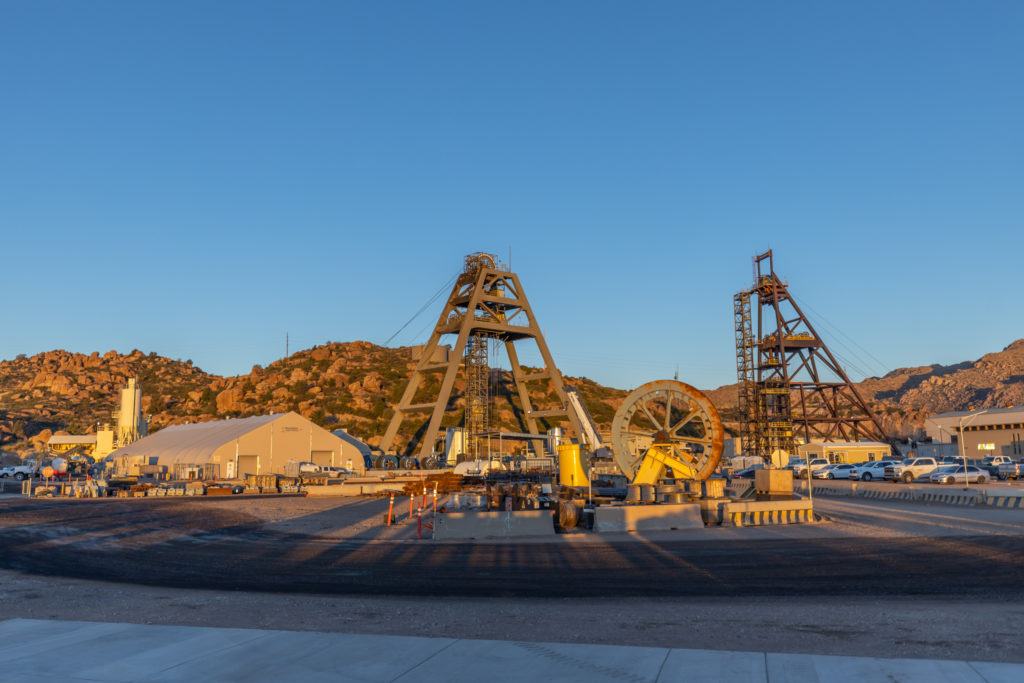Rio Tinto keeps working to build Indigenous support for Resolution mine

Rio Tinto Plc said it remains committed to building more support from an Indigenous group that opposes its Resolution mine project in Arizona, which could supply a quarter of America’s copper needs depending on the outcome of a court case.
Resolution is key to the Anglo-Australian mining giant’s future as the project would produce more than 40 billion pounds of copper for the green energy transition. But that copper sits below the federally owned Oak Flat Campground, a place some Apache consider home to deities.
The mine would create a crater 2 miles (3 km) wide and 1,000 feet (304 m) deep that would destroy that worship site, which the San Carlos Apache tribe strongly opposes.
The tribe has refused to meet with Rio, saying it prefers to negotiate directly with the US government, which in 2014 approved a complex process to give Rio the land containing the copper in exchange for acreage that Rio owns nearby. President Joe Biden put that land swap on hold in 2021.
Some Native Americans in the area support Rio’s project, but all of the state’s tribal councils, including the San Carlos Apache’s, oppose it. Rio said it will continue to try to win approval from the state’s tribes.
“We have to have broad-based support, for sure,” Bold Baatar, Rio’s chief executive of copper, told Reuters on the sidelines of the CERAWeek energy conference in Houston this week. “If there are going to be opposing voices, we’re going to continue trying to engage.”
Several courts have ruled against the San Carlos Apache and their allies, which have appealed to the full 9th US Circuit Court of Appeals. That court plans to hold a hearing to consider the case on March 21.
Rio does not plan to attend the court hearing in Pasadena, California. US government attorneys have defended the land swap in court.
The company said it may be able to prevent the large crater, but will not know if that is possible until it controls the land. “When you get through mine planning and start touching rock, we will looking for areas of improvement to try to mitigate the impact as much as possible,” Baatar said.
US Representative Raul Grijalva, an Arizona Democrat, introduced legislation on Monday to reverse the 2014 legislation approving the land swap.
“Turning Oak Flat into a political bargaining chip was an assault against tribal sovereignty that never should have happened,” said Grijalva, the ranking member of the US House Natural Resources Committee.
The project would involve digging into a new rock deposit using a mine shaft that closed in the 1990s and related electrical infrastructure. Rio has begun positioning the project as the expansion of an old mine, which tend to be more palatable for regulators and local communities.
“Resolution is not a greenfield mine,” said Baatar. “It’s a revival of old, proud US copper history and an old mine that was there. It’s just deeper.”
(By Ernest Scheyder; Editing by David Gregorio)
{{ commodity.name }}
{{ post.title }}
{{ post.date }}




Comments